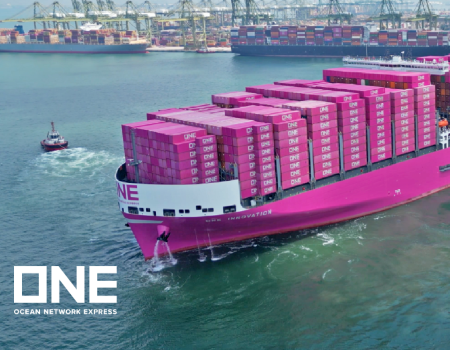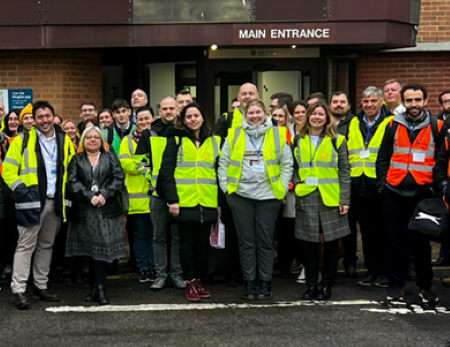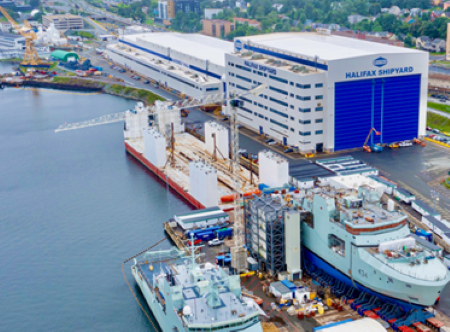Language difficulties are often a major stumbling block in even the most well oiled supply chain. Dot Comma provides companies with precise translations
A simple fact is that businesses require a smooth supply chain. It’s no great revelation that companies and logistics suppliers will invest considerable resources to ensure that the supply chain remains as efficient as possible. However, even the most efficient supply chain can be undermined by one particular barrier – the language barrier.
Dot Comma specialises in providing organisations with everything from precise technical and legal translations, to culturally-specific marketing translation, and strongly believes that correct translation should be a core part of any business strategy, especially for those that operate across borders, including logistics.
Even logistics between two countries that share a common language can be problematic. For example, while Brazil and Portugal share a common language, distinct differences exist between the two, and understanding these linguistic differences is crucial during translation to ensure the correct message is being conveyed. It’s all too easy to make mistakes: The work ‘bicha’ in Portugal means ‘queue’, but in Brazil it means ‘homosexual’. This shows how vital it is to get this right! This example also highlights that while something may work in one country, it might not necessarily work in another.
Looking at the wider business point of view, logistics companies need to have correctly translated website, marketing and sales material. Statistics from Facts & Figures: Global Marketing, a study commissioned by Common Sense Advisory Inc., show that seven out of ten purchasers require information in their own language before deciding to buy. This figure increases the more valuable the product or service is. So, if you’re not offering translated sales and marketing materials, you are missing out on sales opportunities.
For a logistics company, it is vital to ensure they draw on the knowledge of a professional translation agency when translating customs documents, or their terms and conditions of carriage. For example, in the UK, we all know that HGV stands for Heavy Goods Vehicle. However, the Germans use SLW (Schwerlastwagen), in Holland it’s ZBW (Zware Bedrijfswagen), while the French refer to it as PL (Poids Lourd). Then you have regulations and policies, which will be different in each country. Correctly translated documents will help companies avoid accidently breaking rules and laws. Dot Comma has undertaken many cross-border translation projects, and has a wealth of experience to share in this field.
At this point, a word of warning – translation is much more difficult than it looks. Many companies spend hours deliberating over the precise wording of their literature to ensure maximum impact. Yet, the very same companies often entrust the task of translation to a non-native speaker, a student, or, worse still, a machine! According to Can’t Read, Won’t Buy; Why Language Matters on Global Websites from Common Sense Advisory, just over 56% of customers consider information in their own language to be more important than price. This shows that the job of translation is best left to a professional company that will show the same level of care and skill when recreating your message in the foreign language.
Dot Comma focuses on the business benefits and application of translation, not just translated text. This is why the company’s project managers ensure they assign the right translator for the material being translated, such as logistics experts for export documentation.
In addition, the translators used by Dot Comma are selected for their high standards of accuracy and language skills, as well as their cultural awareness. The added advantage of this approach is that the translators will be able to guide clients through the cultural minefields that exist in each country.
Recently, a leading educational publisher approached Dot Comma for a mailshot to be translated into various languages. The letter being sent to teachers in Norway included the following sentence: “September will be here before you know it. Order today and you’ll receive your product ready for the start of the new academic year.” Language-wise, the sentence was fairly straightforward. However, it is a great example of cultural differences as the school year in Norway actually starts in August! Dot Comma flagged this point up to the client, who would have otherwise not realised, and the letter was changed accordingly. This ensured it achieved the maximum intended impact and avoided any complaints on the grounds that the product arrived a month late.
Companies need to realise that translation is more than just a comprehension exercise. Dot Comma’s own clients have reported increases of up to 25% in the number of enquires they received after translating their website and marketing materials. Products that had been otherwise invisible to audiences speaking another language were now both visible and viable, and their horizons were immediately broadened.
With so many companies operating online, and so many customers searching for products via the internet, the company website is certainly the best place for many to start. But English is not necessarily the lingua franca of the online world. In fact, it only accounts for 26.8% of all internet language use, according to the Top 10 Internet Languages study by InternetWorldStats.com. Additionally, a recent Eurobarometer survey revealed that a massive 90% of European web-users will always visit a site in their own language if offered the choice. More worryingly, companies that do not provide multilingual versions of their website run the risk of not being found at all!
Logistics companies are facing increased competition, which is forcing down costs. Therefore, they need to be able to offer something extra to their customers to set them apart from other logistics companies. By partnering with Dot Comma, they can add value for their clients through an efficient and streamlined service that incorporates accurate translation and an understanding of the language and culture of the country where the goods are being shipped to and from.
www.dotcommatranslations.co.uk







